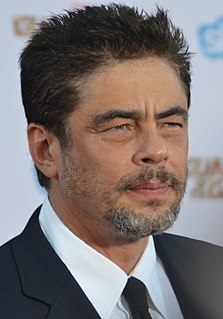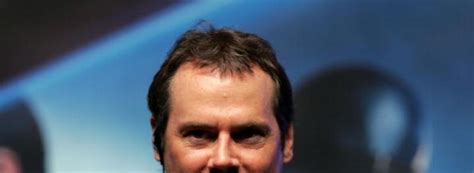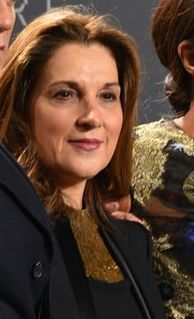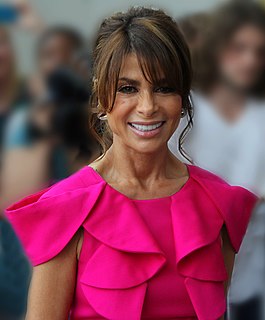A Quote by Jake Gyllenhaal
I'm always nervous about it. You know, somehow, without even knowing it, I try and recreate the idea of what it feels like to go in front of an audience every night when I'm making a film. And that similar type of pressure and excitement before a scene, or preparing for a movie, so...
Related Quotes
Once you are shooting a movie, even if it's your own script, you have to let it go at a certain point. That's true for every film. It breaks up into phases where the thing that you have in front of you is the thing you have to address, and you can't worry about what you imagined a scene was going to like and that it came out differently, because that's what you have to make work.
Even though I'm an actor, even though I know a little bit about film, I very much view things as an audience member. For me, whether it's TV, film, theater, whatever, it's a big movie, a small movie, whatever it is, I look for the truth in it. I look for the honesty. I just look for if it feels honest and real to me.
For me, as a film goer, I like nothing more than to sit in the cinema, have the lights go down and not know what I'm about to see or unfold on-screen. Every time we go to make a film, we do everything we can to try to systematise things so we're able to make the film in private, so that when it's finished it's up to the audience to make of it what they will.
Before writing a single note of music, and even before the spotting session, I find it best to sit down with the director and just listen to him or her talk about the film - what they're trying to say, what they want the audience to understand or believe, and a thousand other similar questions. The director has most likely been living with the film for years before a composer is attached, and so the director's inclinations, desires, and understanding of the film are paramount.



































